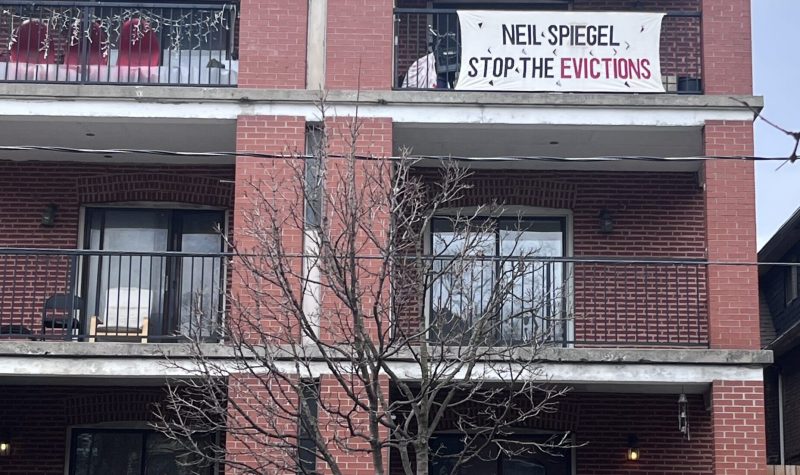As Toronto continues to deal with affordable housing shortages and the rise of renoviction tactics, city council is debating ways to fight these trends that have become more common during the COVID-19 pandemic.
While Toronto announced plans to allocate a percentage of the upcoming new housing developments for affordable housing, councillors said it is not enough. There will be about 24,000 of these new units.
Ward 19 Beaches—East York Coun.Brad Bradford said this week that the city still needs to find ways to stop rent increases inbetween tenants and fight off the growing trend of renovictions.
"When it comes to rental, our rental supply, when it comes to renovictions, those are scenarios where folks who are on the margins, folks who are in precarious positions, are often taken advantage of," Coun. Bradford said. "We need to do everything we can to ensure that the most vulnerable folks in the city of Toronto have that stability, and that's where these recommendations are coming from."
To date, rental prices in Toronto have soared to about 20 per cent over the past year, according to a recent City of Toronto report on renoviction policy.
The report recommended that the council approve the proposed Renoviction Policy as a broad framework to guide the development of a new by-law to preserve affordable and mid-range rental housing in the city and deter renovictions.
Other recommendations include working with the province to help establish emergency shelter funds and invest in affordable housing developments.
The policy was adopted on July 25 by council, but it acknowledges that it cannot prevent renovictions because it is under provincial law. For now, the city can curb any exorbitant rental spikes during these situations. The current cap for rent increases for current tenants is 2.5 per cent a year.
Renovictions are used by landlords to vacate spaces under the assumption that extensive renovations are required. This method is officially known as an N13 eviction notice under the Landlord and Tenant board.
Once the areas are vacated, landlords attempt to rent them out to new tenants for a higher rental price. It is a trend that has hit several low income areas like the Parkdale community in the city's west end.
One particular building at 12 Lansdowne Ave. in Parkdale, saw the entire building receive N 13 notices and tenants were allegedly contacted several times about being bought out of their lease.
Their refusal to vacate their homes and outreaching to the media led to the renovictions being dropped this past spring.
Ward 17 Don Valley North Coun. Shelley Carroll agreed with Bradford this week, saying that the council must make decisions that adjust to the current realities of the city’s real estate.
"I happen to think it is my job to worry about tenants," said Coun. Carroll. "When we are elected, we represent every living soul in our wards. In my ward, most of them, most of them are tenants."
In addition to the development plans with affordable housing units included, other housing plans the city is jumpstarting is housing for Indigenous seniors, which was launched earlier this week.
CJRU contacted Coun.Bradford and Coun. Caroll about whether new motions for by-laws against sudden rent spikes and renovictions will be presented to council this summer.
No response was given at this time.
More details to come.
Listen to CJRU's news update:


